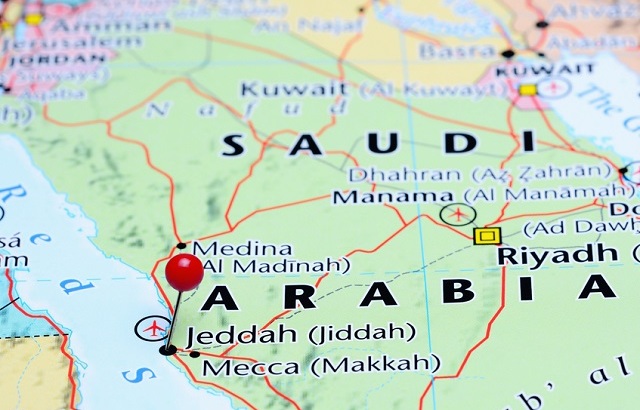Just over a year after launching the National Transformation Programme (NTP) 2020, Saudi will be “stripping out some areas earmarked for change and extending the timeline of other targets”, and “change existing initiatives and add new ones”, according to newspaper Financial Times, citing a government briefing paper.
The move suggests crown prince Mohammed bin Salman “may have realised that some of the objectives were overly ambitious”, writes the FT.
The amended plan, described as NTP 2.0, reportedly extends the timeline of some targets and removes others entirely.
The document stated that the schedule of the NTP will continue to 2020, but that the “implementation of certain projects would be extended to between 2025 and 2030”.
Full details of the revised plan will not be known until the end of October, when officials are scheduled to present a final draft, the document said.
Lofty intentions
Saudi’s NTP is a key component of the country’s “Vision 2030” reforms announced in June 2016 by the crown prince.
This redraft reportedly updates the plans that were initially set out to wean the country off oil by 2020.
Initiatives in the first draft of the kingdom’s transformation plan included tripling non-oil revenue to SAR530bn (£108bn, $141.2bn, €118bn) and cutting public-sector wages and salaries to around 40% of the government’s budget from 45% by 2020.
It also envisioned privatising state assets, creating 1.2 million private sector jobs and reducing unemployment from 11.6% to 9%.
Scale back
It is now understood that the privatisation plan and initiatives to provide affordable housing and reform the financial sector will be run separately from the NTP by state ministries.
“There is a recognition that too many of these targets were too aggressive and maybe having too much impact on the economy”, a government adviser told the FT.
Another consultant told the newspaper that the redrafting was inevitable given the “unwieldy state bureaucracy’s struggle to meet targets that are little more than three years away”.
However, there were also concerns the revision could confuse or put off investors amid signs of a wider economic slowdown.
Among the chief concerns is the rising unemployment rate among Saudis, which recently reached 12.3%, the unpredictable oil price and uncertainty as to how the reforms will affect the economy.
“Dangerous addiction”
The NTP originally set out to overhaul the economy and reduce what the crown prince described as Saudi Arabia’s “dangerous addiction to oil”.
The country is responsible for around 20% of the world’s petroleum reserves, and the oil and gas sector accounts for 85% of exports earnings, according to OPEC, and for nearly half of its GDP, which is set to grow “close to zero” this year, according to the IMF.
The energy price slump that began in 2014, with crude oil falling from above $100 per barrel to around $50 today, has blown a hole in the kingdom’s budget forcing it to resort to massive borrowing and deficit increase.
The revamp of the Vision 2030 plan is not expected to impact the 2018 listing of state oil giant Saudi Aramco, which was confirmed before the project was announced.








